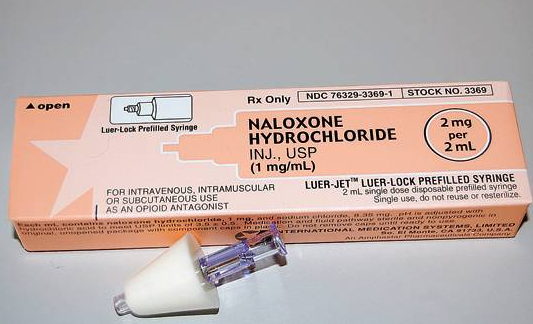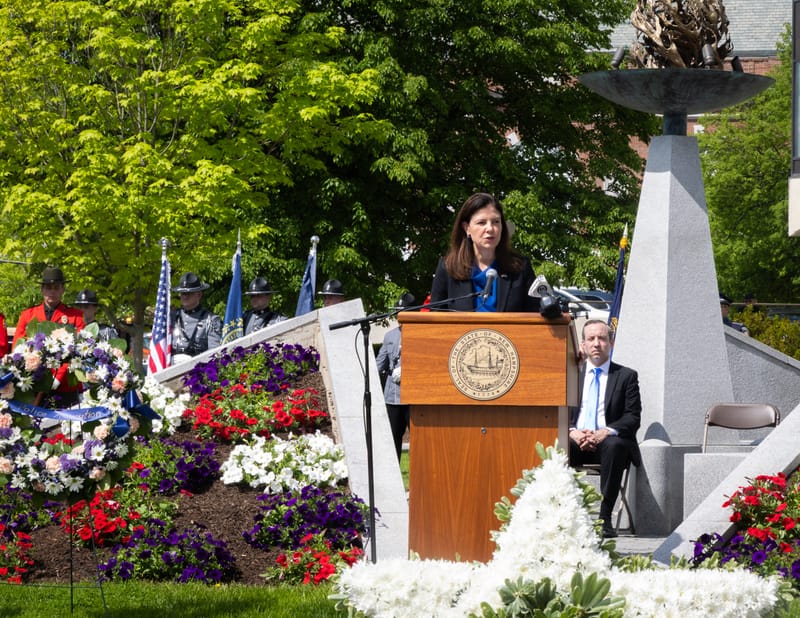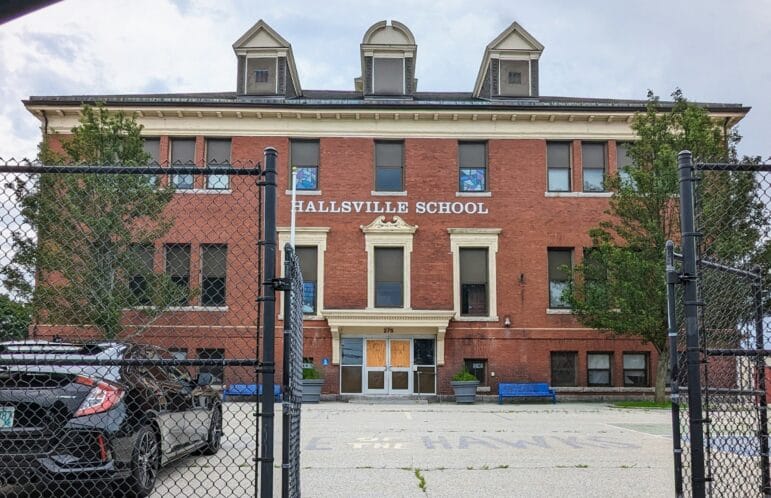Governor’s statements on opioid prescription bill, Narcan at CVS
Statements issued April 28 by Gov. Maggie Hassan.


CONCORD, NH – Governor Maggie Hassan issued the following statement on the bipartisan vote by the New Hampshire State Senate to pass House Bill 1423, relative to rulemaking for prescribing controlled drugs:
“Recognizing that the heroin and opioid crisis stems in part from the overuse, misuse and abuse of addictive prescription opioids, we have been working to improve provider training and prevent the overprescribing of opioids. The boards of medicine, nursing and dental examiners have all adopted emergency rules on the prescribing of opioids, and the boards of medicine and nursing have been working to establish permanent rules.
“Those efforts by the boards are an important step forward, and this bipartisan legislation will build on those efforts by requiring the boards governing all prescribers to adopt updated, permanent rules this year and by providing a uniform, statewide standard. I applaud members from both parties for working together to pass this important measure, and I urge the legislature to keep this legislation moving toward my desk so that I can sign it into law.”
House Bill 1423 will be referred to the Senate Finance Committee before returning to the Senate floor for another vote.
On the announcement that CVS Pharmacy has signed a standing order to make naloxone, an emergency treatment for heroin and opioid overdoses also known as Narcan, available without a prescription at CVS pharmacies in New Hampshire, the governor issued the following statement:
“While we continue working to support law enforcement and strengthen prevention, treatment and recovery programs, we must also do everything that we can to save lives when an overdose takes place. Although it is not a cure, our work to increase the safe and effective use of Narcan has saved numerous lives in New Hampshire. This standing order will further increase access to this life-saving emergency treatment, and I thank CVS for its leadership on this issue.”
GMT
|
Detect language Afrikaans Albanian Arabic Armenian Azerbaijani Basque Belarusian Bengali Bosnian Bulgarian Catalan Cebuano Chichewa Chinese (Simplified) Chinese (Traditional) Croatian Czech Danish Dutch English Esperanto Estonian Filipino Finnish French Galician Georgian German Greek Gujarati Haitian Creole Hausa Hebrew Hindi Hmong Hungarian Icelandic Igbo Indonesian Irish Italian Japanese Javanese Kannada Kazakh Khmer Korean Lao Latin Latvian Lithuanian Macedonian Malagasy Malay Malayalam Maltese Maori Marathi Mongolian Myanmar (Burmese) Nepali Norwegian Persian Polish Portuguese Punjabi Romanian Russian Serbian Sesotho Sinhala Slovak Slovenian Somali Spanish Sundanese Swahili Swedish Tajik Tamil Telugu Thai Turkish Ukrainian Urdu Uzbek Vietnamese Welsh Yiddish Yoruba Zulu |
Afrikaans Albanian Arabic Armenian Azerbaijani Basque Belarusian Bengali Bosnian Bulgarian Catalan Cebuano Chichewa Chinese (Simplified) Chinese (Traditional) Croatian Czech Danish Dutch English Esperanto Estonian Filipino Finnish French Galician Georgian German Greek Gujarati Haitian Creole Hausa Hebrew Hindi Hmong Hungarian Icelandic Igbo Indonesian Irish Italian Japanese Javanese Kannada Kazakh Khmer Korean Lao Latin Latvian Lithuanian Macedonian Malagasy Malay Malayalam Maltese Maori Marathi Mongolian Myanmar (Burmese) Nepali Norwegian Persian Polish Portuguese Punjabi Romanian Russian Serbian Sesotho Sinhala Slovak Slovenian Somali Spanish Sundanese Swahili Swedish Tajik Tamil Telugu Thai Turkish Ukrainian Urdu Uzbek Vietnamese Welsh Yiddish Yoruba Zulu |
Text-to-speech function is limited to 100 charactersOptions : History : Help : FeedbackClose




